Lois and Clark have been in a secret relationship for three months and she is aware of his dual identity. Superman’s actions stopping (or at least pausing) the war between the nations of Boravia and Jarhanour has been criticized. Agreeing to allow Lois to interview him as Superman, he was confronted with some honest feedback of how his actions have been interpreted by the government, the country, and the world.
During the interview, Clark defends his action to Lois, ultimately declaring that he stopped people from dying and was doing good. Lois went on to mock Clark composing terrible Superman soundbites in advance and monitoring social media to see how Superman is mentioned. What are your thoughts on Lois? Do you think she was too tough on Superman’s actions or Clark’s writing? Did you like the absence of Clark revealing his identity and skipping ahead to full honesty between them?
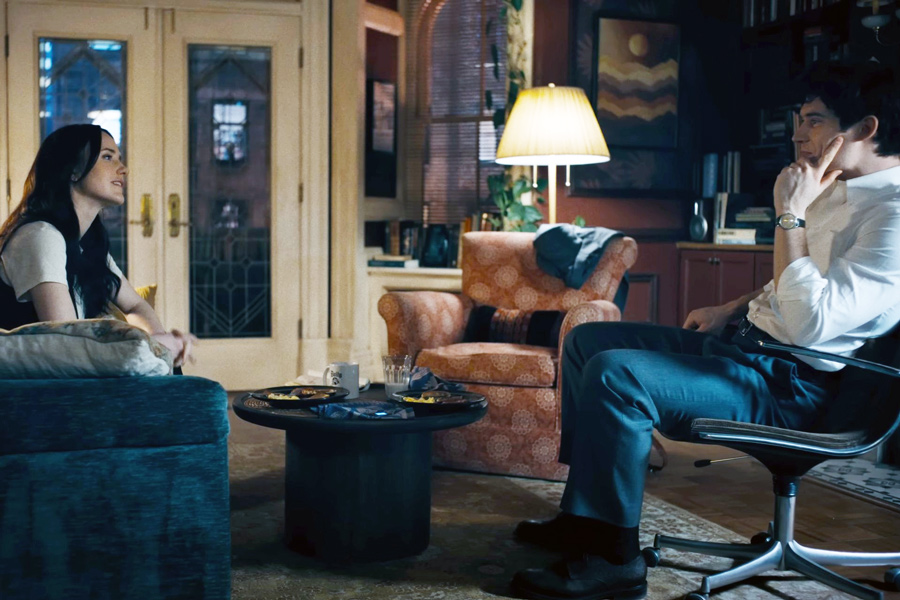
Alex Grand: I’m excited to see Lois and Clark interact with no secrets. I enjoyed the TV show in the 90s and it’s nice to see a return to that late 1980s comic book dynamic. Bring it on! Lois is too smart to be duped or brainwashed over and over again.
Michael A. Burstein: Once the movie already established itself as starting in media res, they could have approached the Lois and Clark relationship from any point. But the movie was already filled with a lot of plot and story and it seemed to me that being at the point of full honesty already was what this movie needed. This is a very different Superman and Lois than we had in the Christopher Reeve films; comic book readers are more used to a Clark and Lois who have been together for a long time (heck, in the comics they are married and have a young adult son). Lois is just as tough as she needs to be and as tough as I would have expected.
Peter Briggs: It was a cruel moment on Lois’ part. She’s playing Lois Lane, Reporter. And she blindsided Clark, who was just coming over for a nice evening. She could have tempered the end of the scene by playing Lois Lane, Girlfriend again. It was a snarky, mean ambush. And I think this is a reflection on Gunn’s own sensibilities again. Gunn kept dropping a “Punk Rock” rationale/explanation for various instances in the film in interviews. Although, compared to previous DC productions Gunn’s written, Superman 2025 is very much Gunn on best behavior.
Robert Greenberger: Actually, in today’s world, it makes sense for Lois to know his identity while dating. To me, the interview, which was far from an ambush, gave the film a needed gravitas, raising issues that needed to be addressed and no other film touched on. Clark had no illusions as to the type of reporter Lois was, and the audience gets to see that toughness.
On the other hand, George Gene Gustines at The New York Times did a fine column on the journalistic ethical issues the film skirted.
James Ryan: It certainly tries to be different from the 1978 film, although there were moments when Rachel Brosnahan would say something and pause that she looked to be trying to channel Margot Kidder in her expression and delivery, and when she did, it actually worked pretty well…
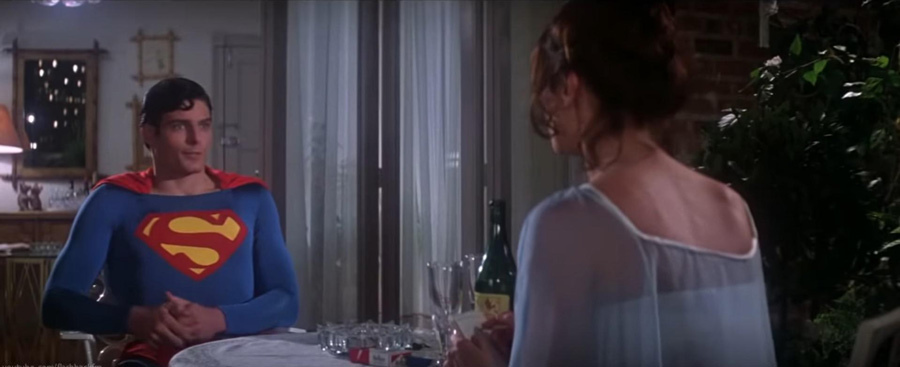
Jon Bogdanove: I thought that interview scene made the movie! As I’ve often said, Lois, probably would have seen through Clark’s disguise after her first encounter with Superman. She’s smart. Also, I LOVE that we can now believably have BOTH the contentious rivalry between Clark and Lois that is their traditional relationship while simultaneously showing them as trueloves! I think it is a terrifically real-feeling scene. Corenswet and Brosnehan have fantastic chemistry, and this scene sets all of that up. It is some extremely deft writing, exquisitely acted. Highest marks. No notes!
Peter Briggs: Yeah, I loved Brosnahan. I’ve been a fan since I saw her in either House Of Cards or Manhattan a decade ago, whichever came first. When I heard she was cast I was delighted. She and Corenswet are great together.
Will McGuire: It was cruel, but we can forgive it because a big part of the scene was Lois realizing that she is having trouble separating all the emotional implications and professional compromises of loving Clark Kent and Clark Kent being Superman. She’s not pleased with Clark’s pretense that he can keep it separated and at that moment in the film she can’t reconcile the two. Lois, the girlfriend who’d be protective of the person she loves, and Lois the reporter whose job it is to dig out hidden feelings and secrets.
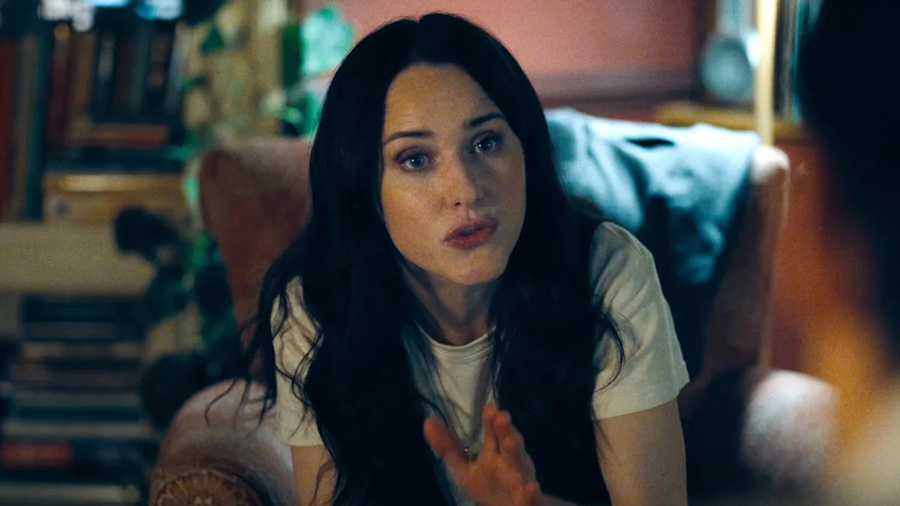
That’s what makes her arc in the film where she’s able to help save Superman from the pocket universe and use the Planet to bring down Luthor so powerful– it’s only at the end that she can tell Superman she loves him because she’s learned to make peace with the arrangement.
Jerry Ordway: I felt like Clark and Lois had good chemistry, and I enjoyed jumping right into the relationship, though again, I feel like SEEING Superman doing these things is better than talking about it. She provokes him to anger, all good, as she is playing devil’s advocate, I guess. The idea of a Superman who takes matters into his own hands was done well in a crappy Superman 4: Quest for Peace. The scenes of Superman ridding the world of nuclear weapons was very 80’s, and the scene at the United Nations was good. So this Boravia stuff is similar, in showing that he wants to make a difference, and maybe has run out of patience waiting for humans to solve a simple problem.
Lenny Schwartz: Lois didn’t have a lot to do in the film and I actually found her character to be weak. At a certain point, she just exists to drive vehicles and get into hijinks. It felt as though Gunn didn’t know what to do with her or how to develop her. She felt incredibly static.
Vito Delsante: I mean, it’s three months later. They’re bound to get into an argument at some point, right? I found myself very invested in their repartee and the feelings they had for each other. Weirdly so. It was something I didn’t expect, but Rachel Brosnahan is incredibly magnetic, and Corenswet was just as attractive. You want to see see them earn that floating kiss by movie’s end, and they nailed it. I was smiling from ear to ear.
Thomas Lakeman: When I saw that scene I thought they must be consciously commenting on the garden apartment interview in the 1978 film (once again, Lois has a killer apartment on a reporter’s salary!). So instead of throwing him softball questions and constantly blushing, she goes for the jugular like a reporter is supposed to. And it’s good that we remember she’s a reporter first and Superman’s girlfriend isn’t even a close second. It’s good that we meet them as they’re still figuring out who they are to each other.
But I actually thought the scene wasn’t tough enough. It was a gotcha interview when it should have been a real confrontation between two people who are attracted to each other but don’t understand each other very well. The question I wanted her to ask was, “What makes you automatically assume people need you to save them?” Because historically that’s what Superman’s relationship to Lois has always been. She gets in trouble and he saves her. He couldn’t save Krypton and he could keep Pa Kent from dying from a heart attack, but he can catch Lois in mid-air. I mean, if there’s anyone with a savior complex, it’s this guy. Given that they’re talking about his interference in human affairs, it could have been a great scene. Instead she was telling him off, and those kinds of scenes are rarely fun to watch. A great reporter knows how to get honesty from her subject.
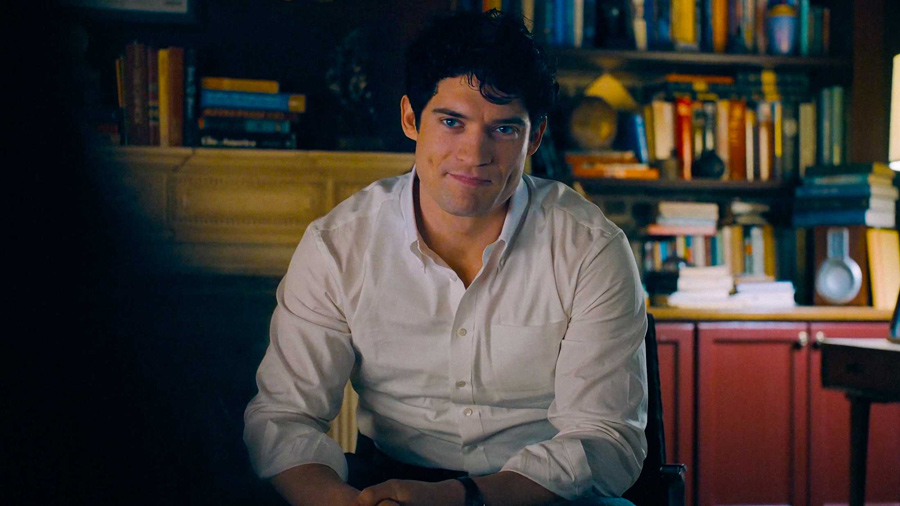
Peter Briggs: It was absolutely a riff on the ‘78 interview scene, Thomas. Agreed.
Josh Marowitz: My wife and I watched all of The Marvelous Mrs. Maisel. At times, the only thing keeping me going was the fun I made for myself imagining a universe in which Rachel Brosnahan played Lois Lane. I could not believe my good luck when she was cast. She is perfect in that part; she is the live-action Lois that I have wanted my whole life, assuming that I would never have Dana Delany in the live-action role.
And how I wish she had more to do. I agree with Lenny that it felt at times like she “exists to drive vehicles and get into hijinks” and that bums me out. Her interview of Superman showed that she has the journalistic chops; I really wanted to see Lois’s reporter skills more in play in this movie even though they were more in play in this movie than in any other movie.
Andre Bennett: I enjoyed that scene but took serious issue with Lois’ interview style. First, she charged at Clark like a buzzsaw from the jump. Then she slammed him with a bunch of leading questions without even giving him a chance to answer each individual query. There was no listening, no thoughtful follow-ups. It wasn’t the best example of journalism.
I will say Lois was right to criticize Clark on his own journalistic ethics, as he built his career on lies.
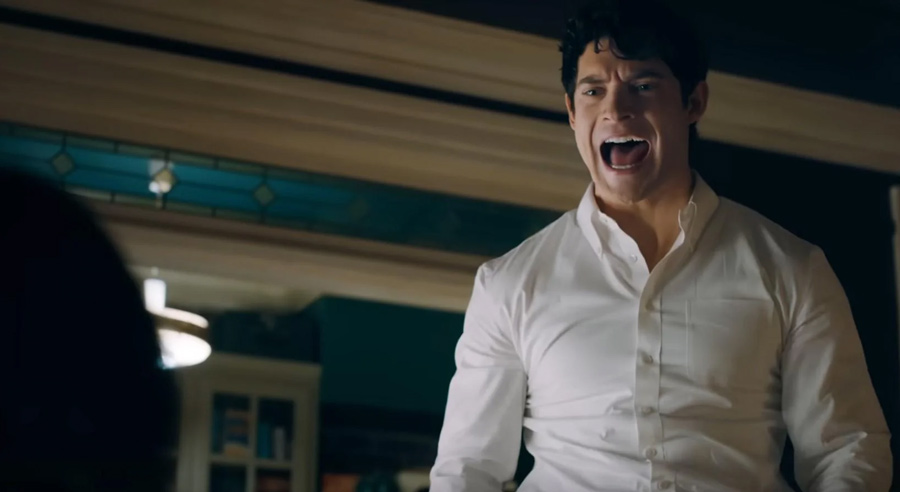
Other than that, I really enjoyed Brosnahan’s take on Lois. I liked seeing her own internal conflict over relationships, and I enjoyed the fact that we were seeing two imperfect people navigating their feelings. It added emotional depth to their relationship.
I also liked that instead of being a damsel in distress, she got to save Superman.
Todd Sokolove: This was another smart “non-origin story” departure that the film decided to take. It defied the typical cadence audiences have been accustomed to where Lois doesn’t realize who Clark is. It also gave the character a true edge, rather than the wise-cracking Lois that we saw in the four Margot Kidder renditions, which were in-part derived from the earlier comics and TV series. Right from the start, we get to experience who this Lois is, and it pays off later when she truly gets to contribute to the increasing conflicts that unfold.
Should Superman interfere in politics regardless of the lives he could save?
Alex Grand: I think the Justice League cartoon tackled this idea with government intervention and overreach into the lives of superheroes. I’m glad to see that tension, because it feels real. The question is how far will it go, and could we possible get a heroes vs government event broken up only by the arrival of Darkseid? I’m all for it.
Michael A. Burstein: Well, this is where we start getting into a lot of issues that are deeper than just a “comic book movie,” When we read superhero stories in the comics, or see them in the movies, we tend to consider them as taking place in our world but with simply one addition, that of the superpowered beings. But the truth is that if a real superpowered being showed up, it would open up all these real-world questions. If Superman had been real and revealed himself in 1938, for example, World War II probably would have gone far differently. And I’m not the first one to suggest this: see Siegel & Shuster’s own story for Look magazine in 1940, “How Superman Would End the War.”
So, asking if Superman should interfere in politics becomes a question more of character. Obviously, Gunn’s answer was yes. This Superman has a moral code that is so strong that he justified his interference by noting that otherwise people were going to die. But of course, that didn’t stop him from turning himself in, even though he should have pondered the loss of the people who would now die while he was out of commission.
For more on this question, I think of Kurt Busiek’s first Astro City story, in which his Superman analog, Samaritan, is so obsessed with saving lives that he gets no rest or relaxation for himself. It’s Spider-Man’s moral code dialed up to eleven: if you have the power to stop an injustice then you are obligated to do so, even at the cost of your own happiness.
I think in the end Superman has to do what’s right for the story. If that means interfering in politics, then that’s part of the story the creators have chosen to tell.
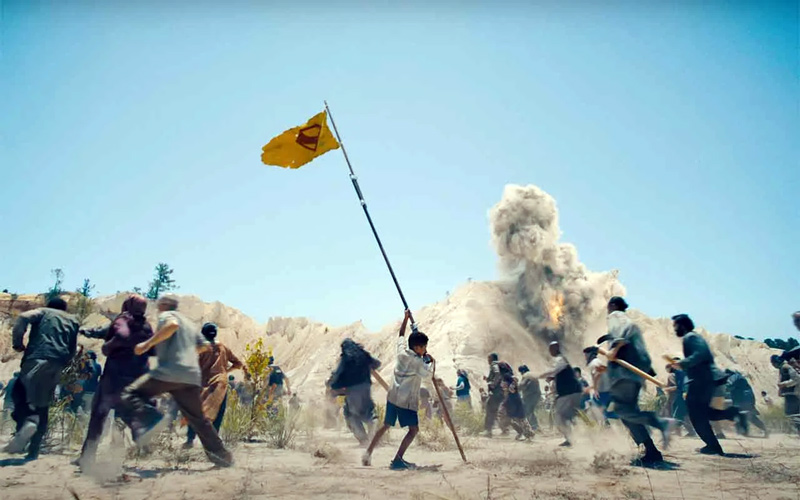
Peter Briggs: He’s already done this! It was the plot of Superman IV: Quest For Peace! So, it’s not exactly new territory.
Jon Bogdanove: “Should Superman interfere in politics regardless of the lives he could save?” Fuck yes!! He always has done! In his very first appearance, he kidnaps Hitler and Stalin and brings them in front of the world court! In The Golden Age, MOST of Superman’s adventures had him being a woke, Super Social Justice Warrior! He took on munitions magnates, corrupt businessmen and politicians, crooked companies, evil landlords and the KKK. He championed the poor and downtrodden, the little guy—enforcing left wing values with right wing techniques.
Superman was born of Jerry Siegel’s trauma. Both Jerry and Joe knew what was happening in Europe more than most Americans—most Jews knew. On top of that, Jerry’s dad suffered a heart attack and died when his shop was robbed at gunpoint.
Now we are living in times as dire as Jerry and Joe’s time was. We have the greatest income inequality in the history of the country—even greater than the Gilded Age. The Nazis are back, and they’ve conquered the U.S. from within. They now command an arsenal powerful enough to extinguish all life on Earth many times over. If ever a time was ripe for a return of the real Superman, this is it!
Will McGuire: I think Superman is pop culture mythology and his greatest asset is clear headed moral insight. Insofar as ethics are political, all Superman stories have some kind of political dimension if you look at them long enough. That said, I think a distinction ought to be drawn between the kinds of issues comic book heroes are best apt to tackle head on, and ones that require a little more nuance than an adventure character from 1938 is capable of delivering. Invasions are bad. Dictators are bad. Generally, these thoughts are shared widely along the American Overton window and without much controversy.
However recent comics where Superman’s son is seen regularly protesting against climate change reveal some of the weaknesses of the medium: complex geopolitical issues get boiled down to their moral absolutes and not only is it difficult to really be insightful about the issue, but it’s difficult to present any moral complexity that might make examining the issue in fiction interesting.
Which is just a longwinded way of arriving at: Should Superman get political? Only if the issue you’re exploring has a good Superman story in it.
Josh Marowitz: “It depends” is a lame answer, but it’s the answer.
This Superman was absolutely right to get involved. And the reveal that the Boravian president was in cahoots with Luthor just proved that Superman was even more right than we knew he was.
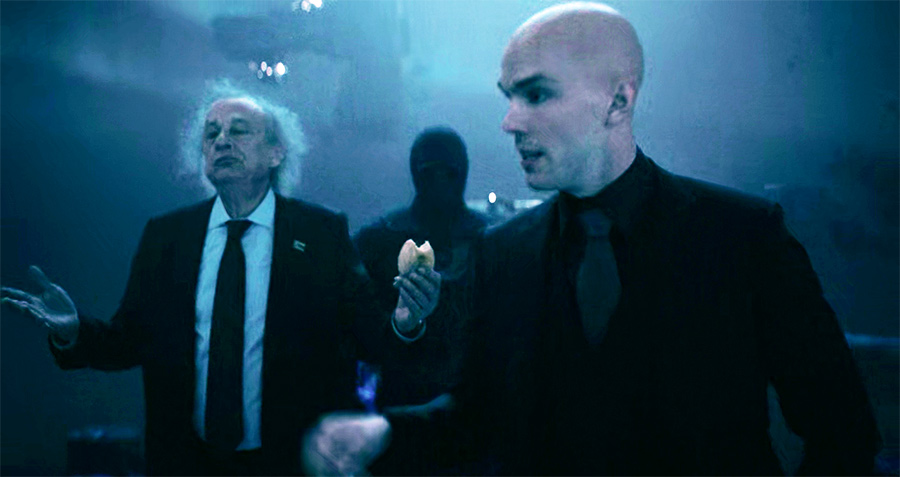
But if the question is larger than that, we have to clarify if we’re talking about “Real Superman” (an actual living being with free will) or “Character Superman” (a fictional character in stories).
Real Superman should always get involved in politics (or in “politics”) when people’s lives or dignity is at stake, whereas Character Superman should get involved when the story is good enough and when it’s a problem he can solve and — as crucially — when his solving a problem doesn’t leave the problem unresolved in reality.
There are many wonderful covers of comic characters fighting Nazis and throwing the Axis dictators around, but apart from that Look magazine story, “Character Superman” of the actual comic books didn’t go over to Germany and take out Hitler. The writers and artists of the 1940s knew how dispiriting it would be to have the war over in the comics but still raging in reality. That’s a case in which Superman solving a problem in the comics would leave the problem unresolved in reality.
But I think a lot about an old Golden Age story in which Superman destroys crumbling apartment buildings in Metropolis because slumlords had built them so cheaply that they were unsafe for the people living in them. And once destroyed, he rebuilds them to be safer. That’s the kind of energy I like to see in a Character Superman getting involved in politics: practical and local to Metropolis.
Robert Greenberger: Yep, they tried this in Quest for Peace but had a very weak script. Alan Moore showed this with The Watchmen and it remains an issue in any superhero story in any media. I applaud it getting mentioned at all, and Gunn niftily avoided answering it by having the Justice Gang get involved. This is where that willing suspension of disbelief comes in handy.
Jerry Ordway: I’d guess most people are fine with Superman being involved in politics, as regards world issues. Superman II had a Jimmy Carter type president bowing to General Zod. Republicans probably loved it. People get weird when they feel like “their guy” is being made fun of. But I’d have probably cheered if Hawkgirl had dropped Donald Trump from a great height. Comics and movies are fantasy, and they can excel at showing the bullies getting exposed or defeated, and the downtrodden getting elevated.
That’s the basic right and wrong scenario that Superman was created for. I am sure with a movie, the issue is always that the real bad “guy” can’t be a country that might add substantially to the film’s box office, like China. So, there are always stand-in countries and made-up nationalities. Seeing as how the current administration has trashed the USA in the eyes of the world, potentially limiting the box office of this one, the next Superman movie should be about how he and Lois take down a corrupt administration (Lex Luthor, anyone?) The world will pay to see that, and at least 50% of us, as well!
Peter Briggs: Did you think that was a Carter President, Jon? I guess I can see that. I thought he was a bit more Gerald Ford. (Certainly the scripts for those/that movie was written on the cusp of both Presidencies.) Maybe a mix of the two!
Lenny Schwartz: Yeah, it made sense to the film so yes. It is a dicey question but again Gunn handled it with ease.
Vito Delsante: It’s dealer’s choice. If Gunn feels he has something to say, whether as the screenwriter or the director, as an artist, he should be allowed (or at the very least, encouraged) to say it. It’s well-tread ground, but there’s always new spins.
Thomas Lakeman: Superman has always been a political animal. In his early years he fought corrupt landlords and the Ku Klux Klan. Even in the 1950s he was telling kids that it’s bad to be racist. The character works because he doesn’t just protect us from alien monsters, he protects us from the worst among us.
But that creates an interesting paradox: if he’s that powerful, why can’t he stop the big problems like famine and war?
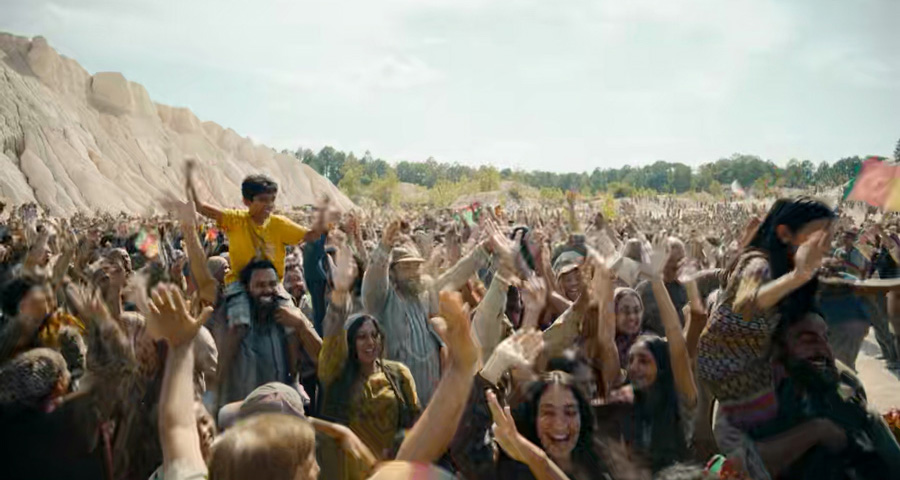
Certain storylines tangle with that very well. He can’t solve humanity’s actual problems because it would make us too aware of the gap between fantasy and reality. So instead you have a Superman who can do anything but save us from ourselves. It makes him a fascinating character.
The problem is that Gunn isn’t using politics to make us look more deeply at the character, he’s using it to make a point. There’s no room for us to decide what things mean. When he has Superman announce that he’s not an alien, he’s a human, I half-expected him to look straight into the camera and say “so take that, Stephen Miller.” Like okay, Boravia and Jarhanpur, wow, European colonizers and indigenous Arabic people, I wonder what this could possibly be a comment on? I don’t mind the politics. I just wish it was in service to the story.
Andre Bennett: There’s a scene towards the end where General Mori tells Rick Flag something along the lines of, “I’m glad you’re okay with the metahumans, because they’re making the rules now.” That, to me, ties all of the political stuff together, so that it doesn’t feel extraneous. Superman and the Justice Gang’s actions have consequences that will likely be explored down the line.
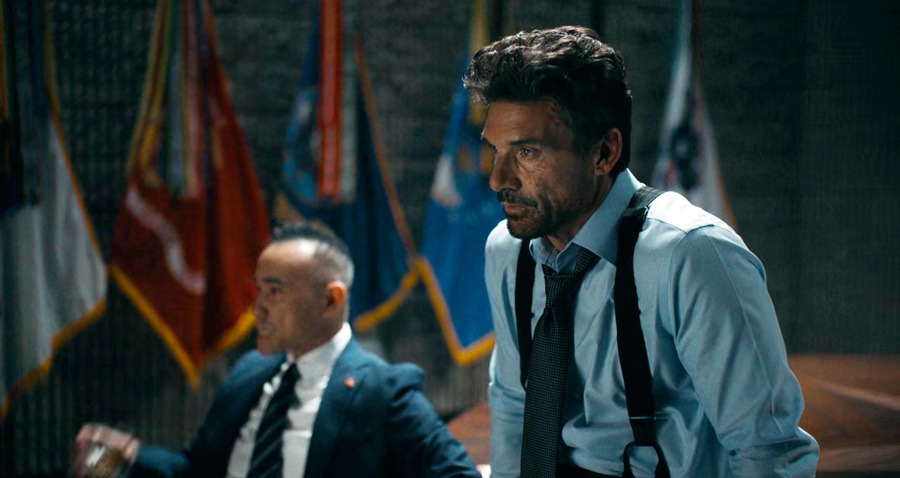
A lot of people saw the Boravian invasion as a 1:1 commentary on current events. That plot can be read any way you want, despite the fact Gunn finished the script a couple years back. If there’s any real political viewpoint to the film, I think it’s in portraying kindness and empathy as radical, political acts.
But going back to that late scene, I think having such a conflict playing out and thrusting Superman in the middle has a story purpose, which is to place metahumans in the government’s crosshairs.
Peter Briggs: I read Ukraine into the script watching the film, but others have pointed out it’s more akin to the Gaza situation. In the end, it’s a fictional situation in this movie.
(Continue Reading)




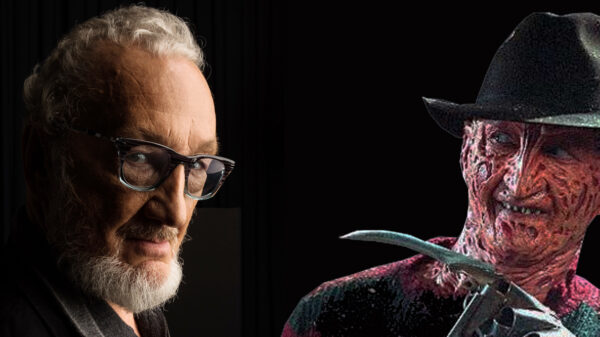
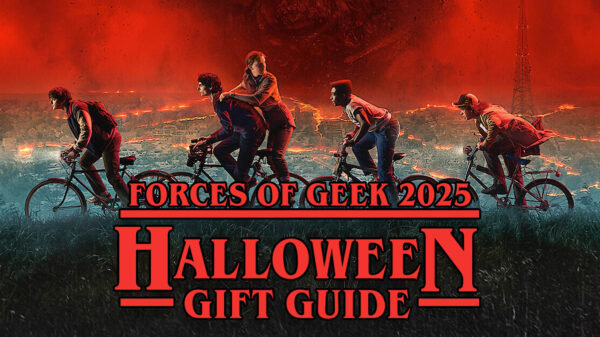
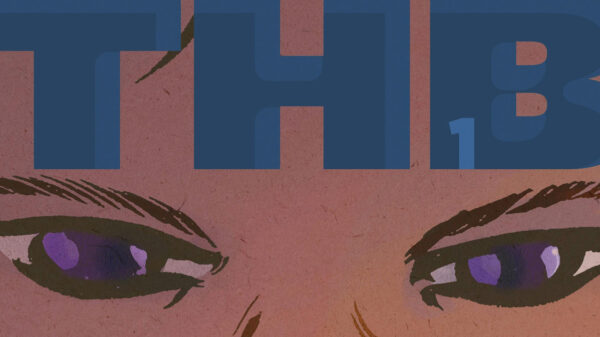

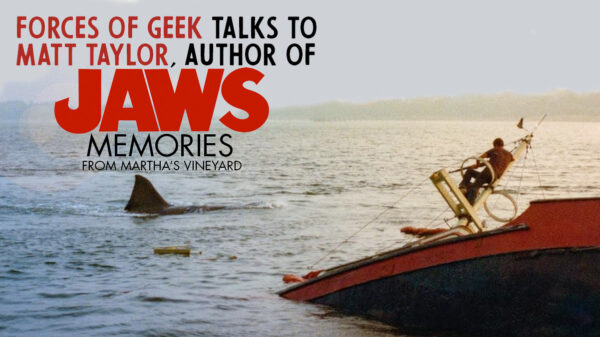
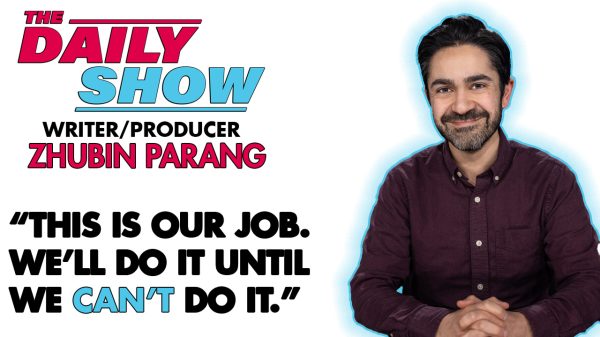
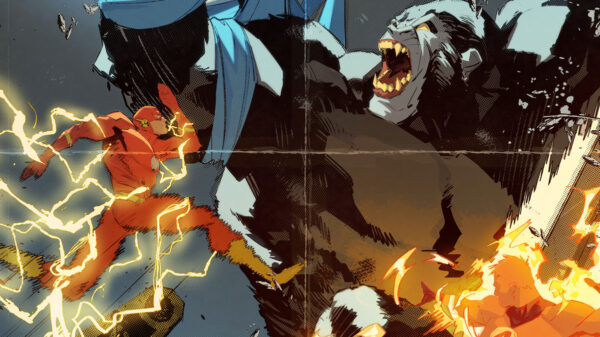
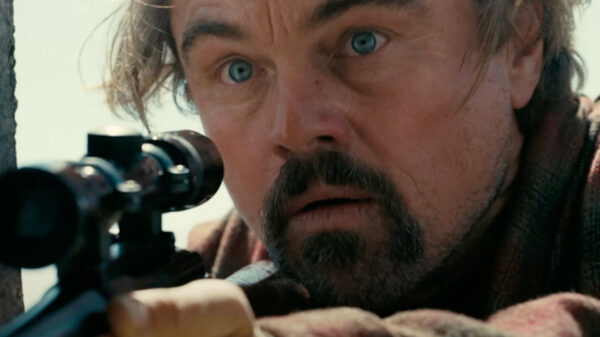
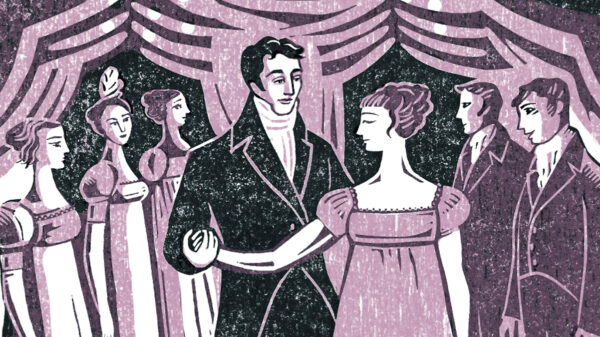
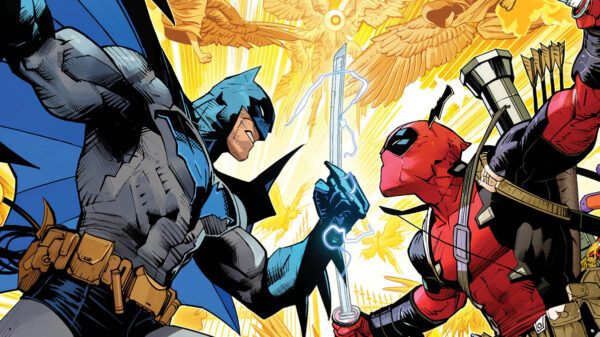
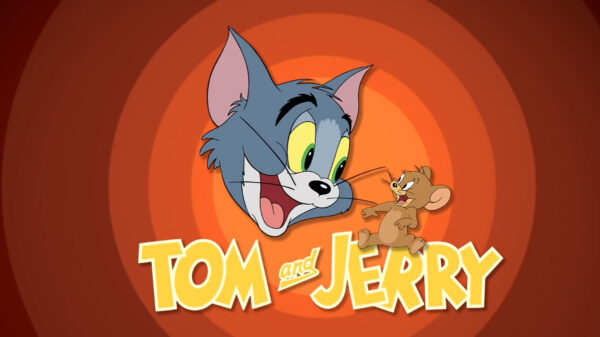



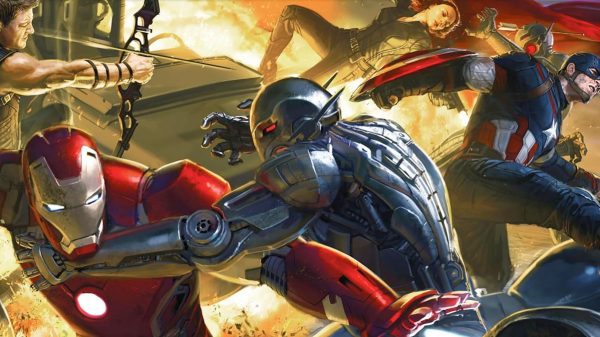

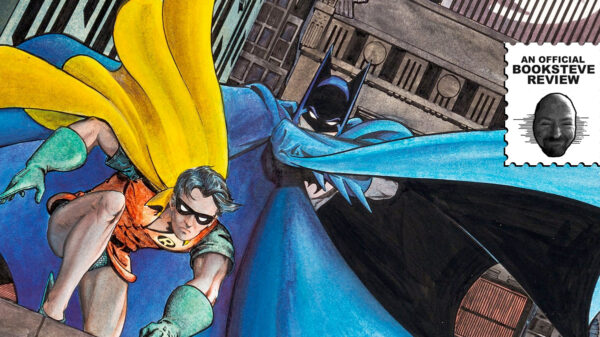
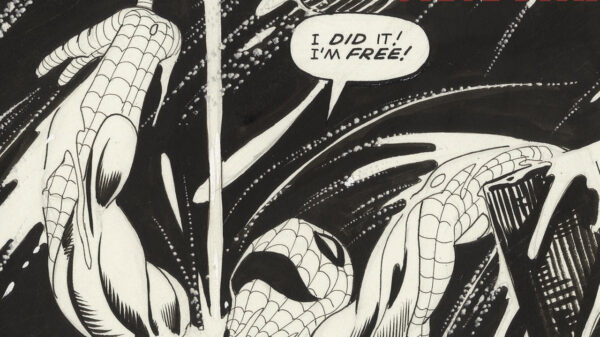
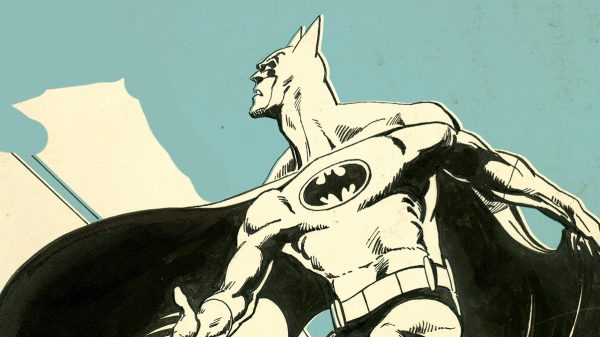

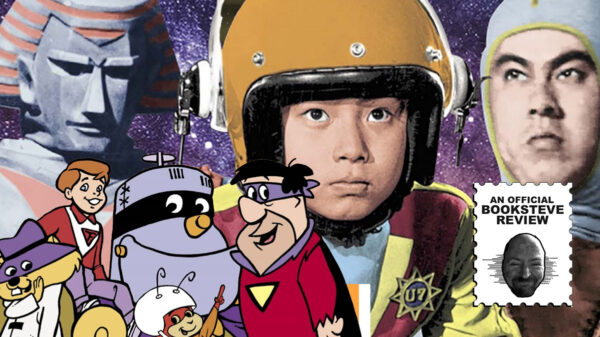
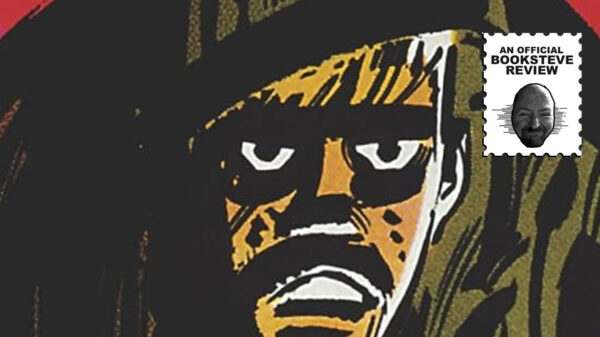
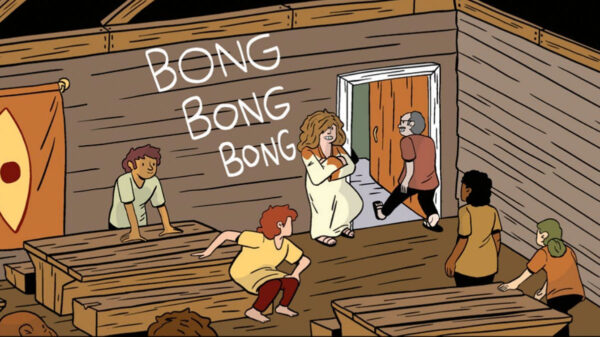
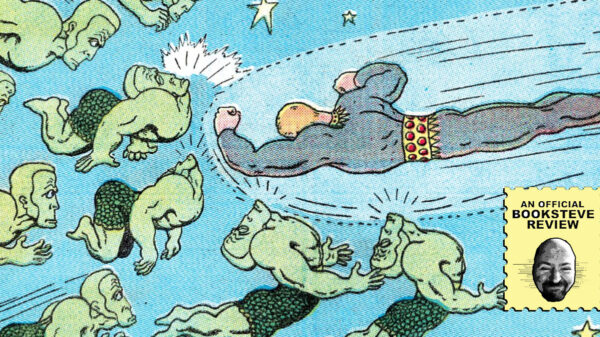
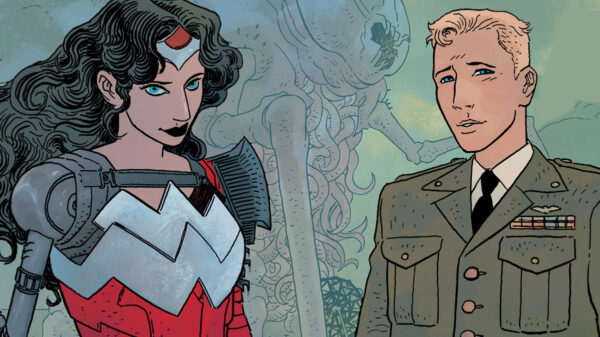









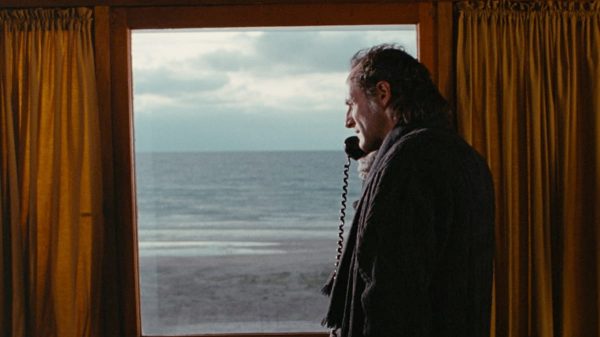
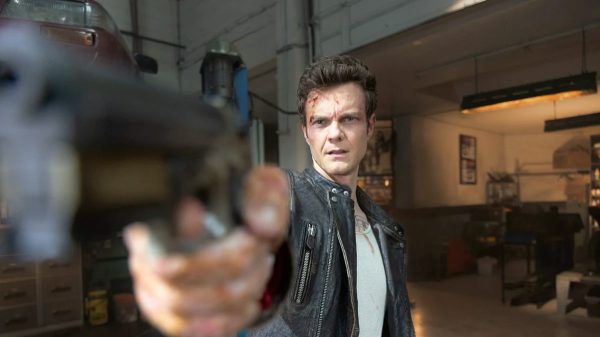
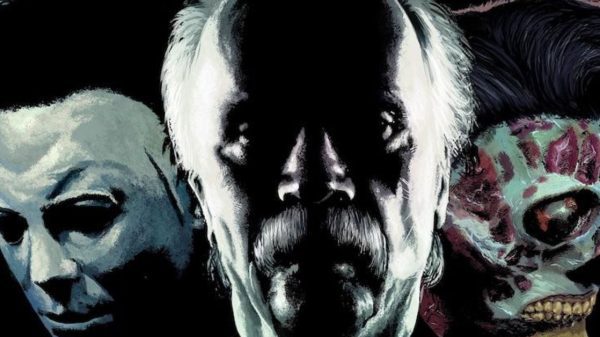
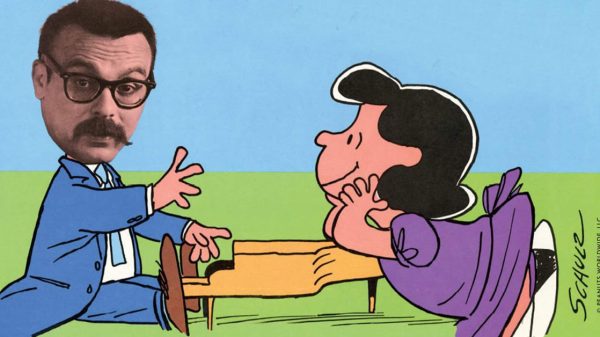
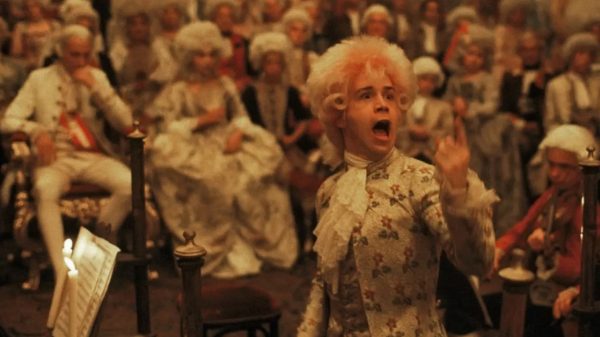





























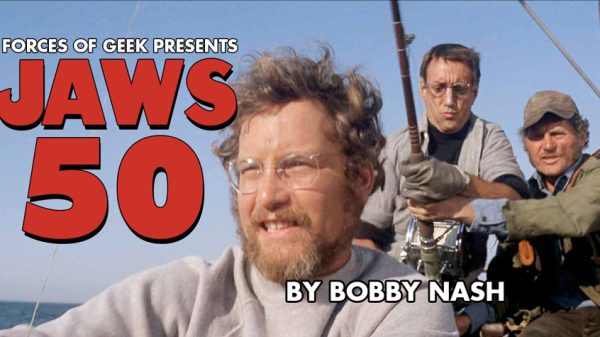









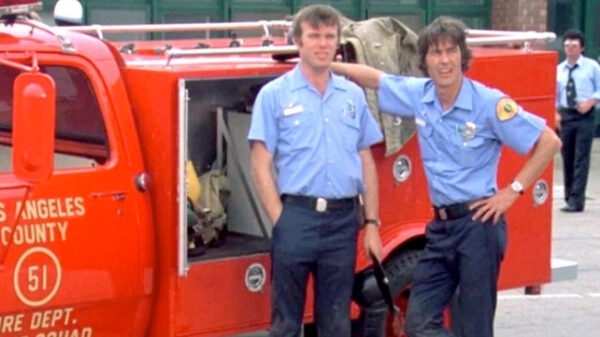
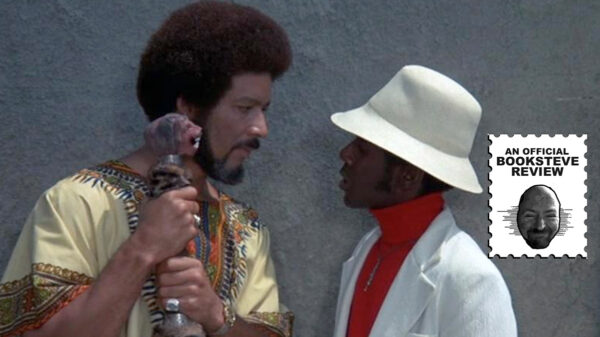
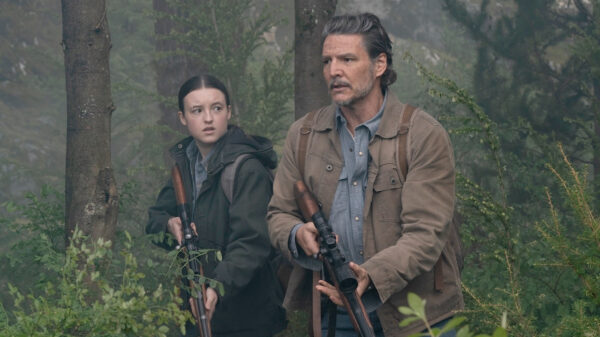




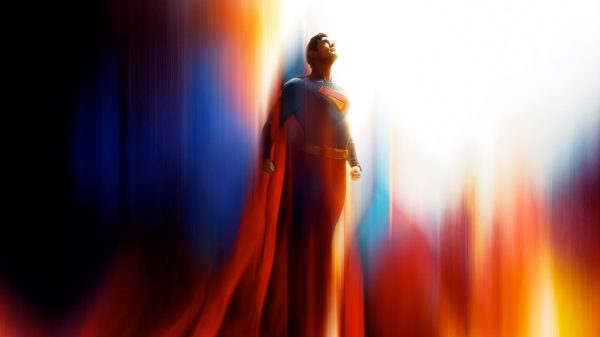
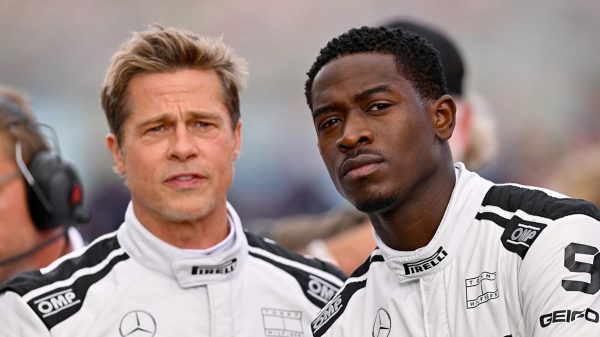




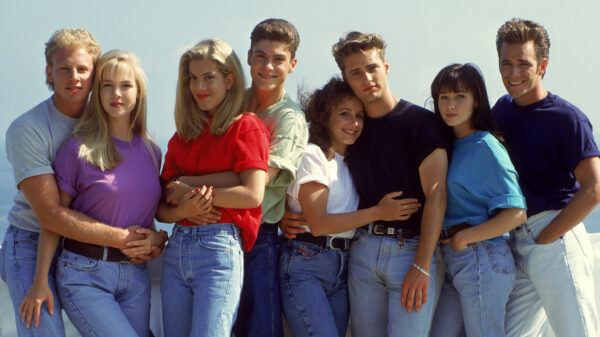
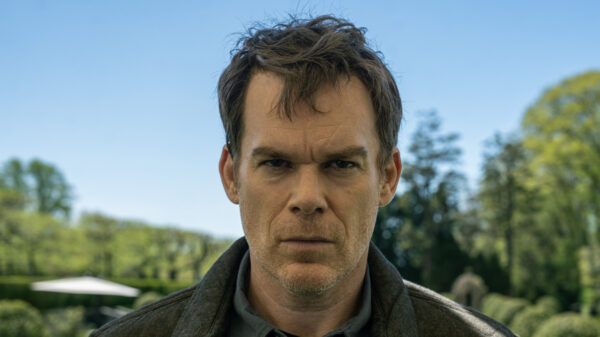
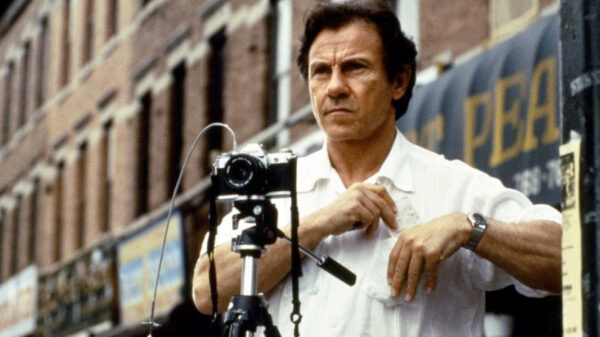
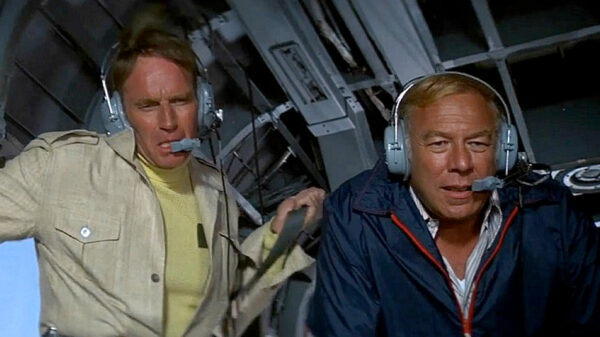




You must be logged in to post a comment Login